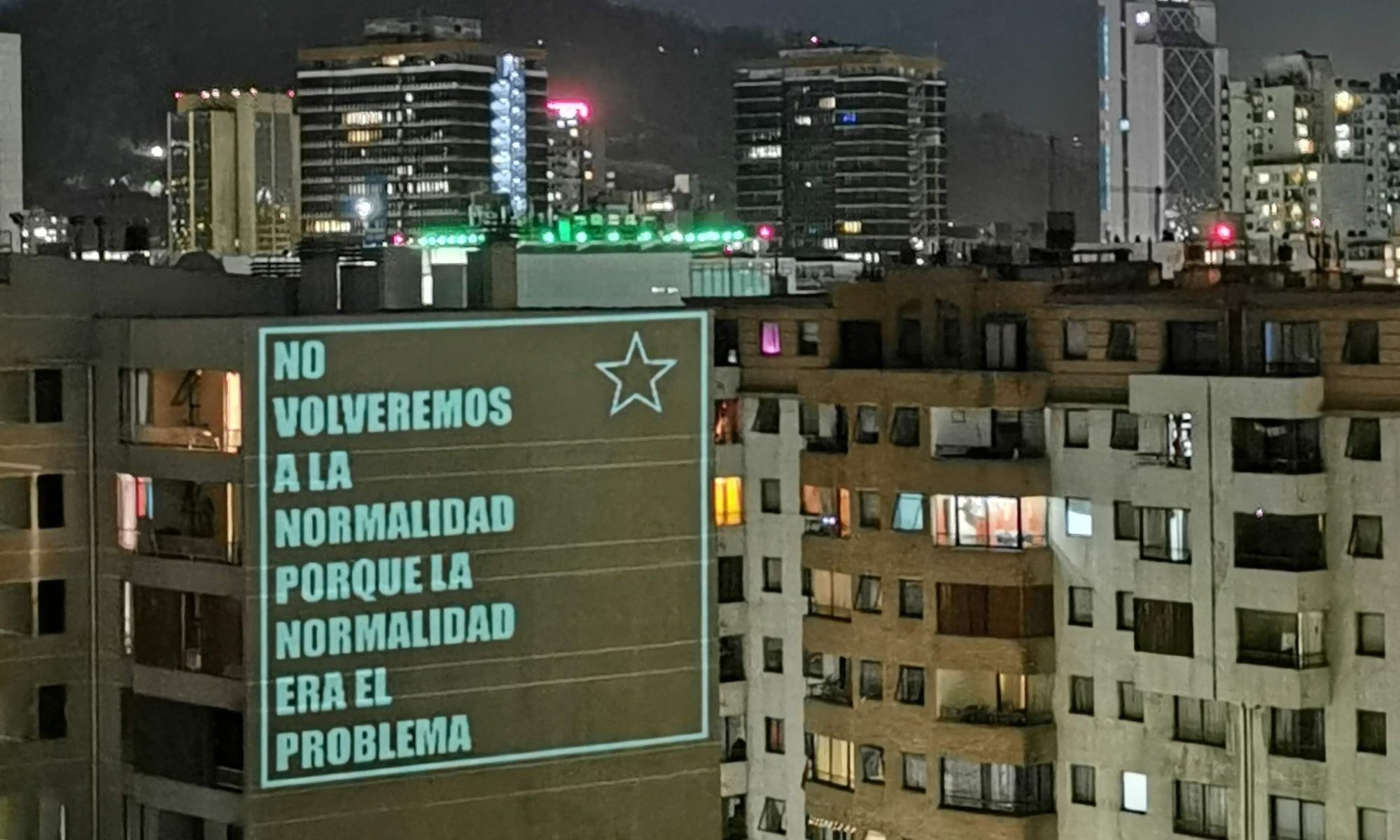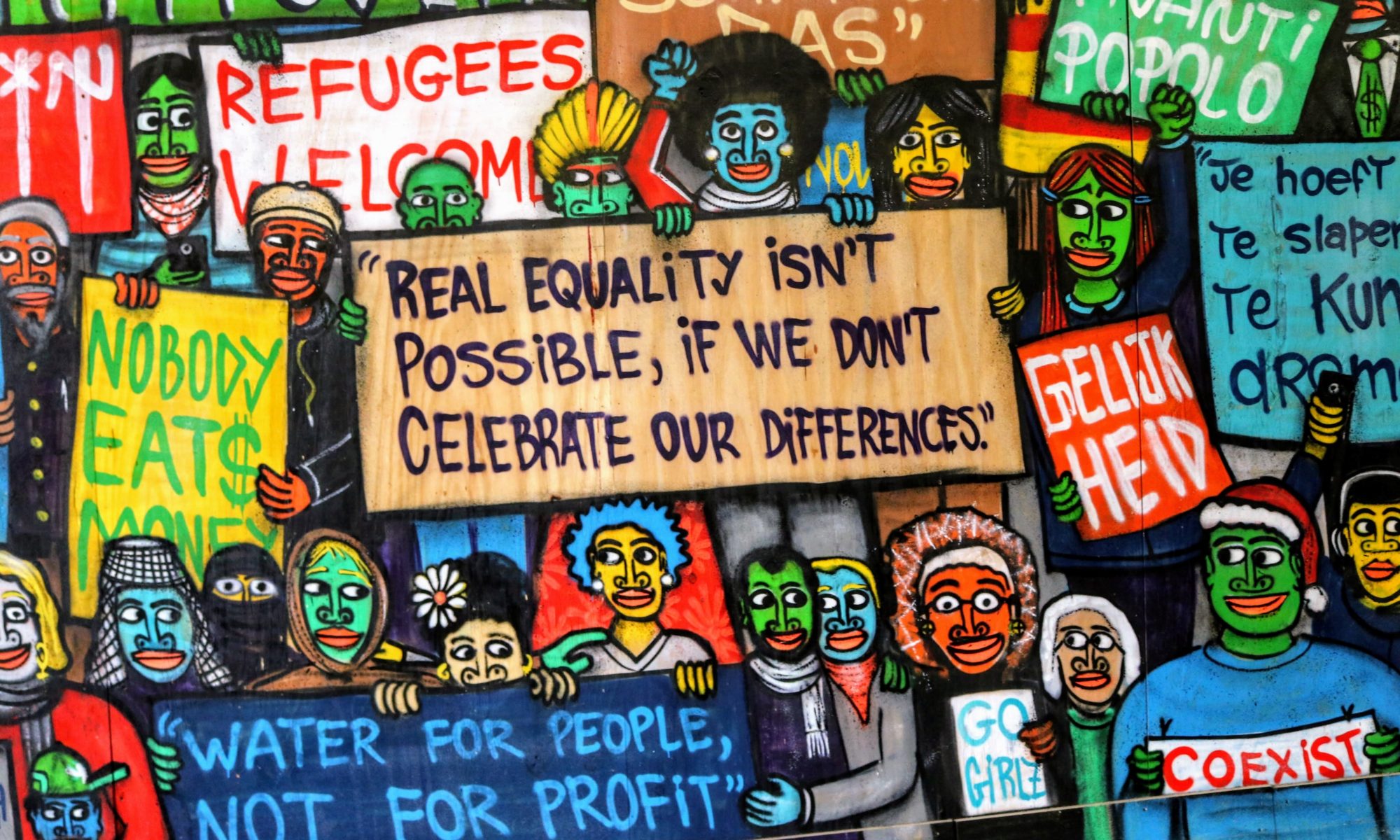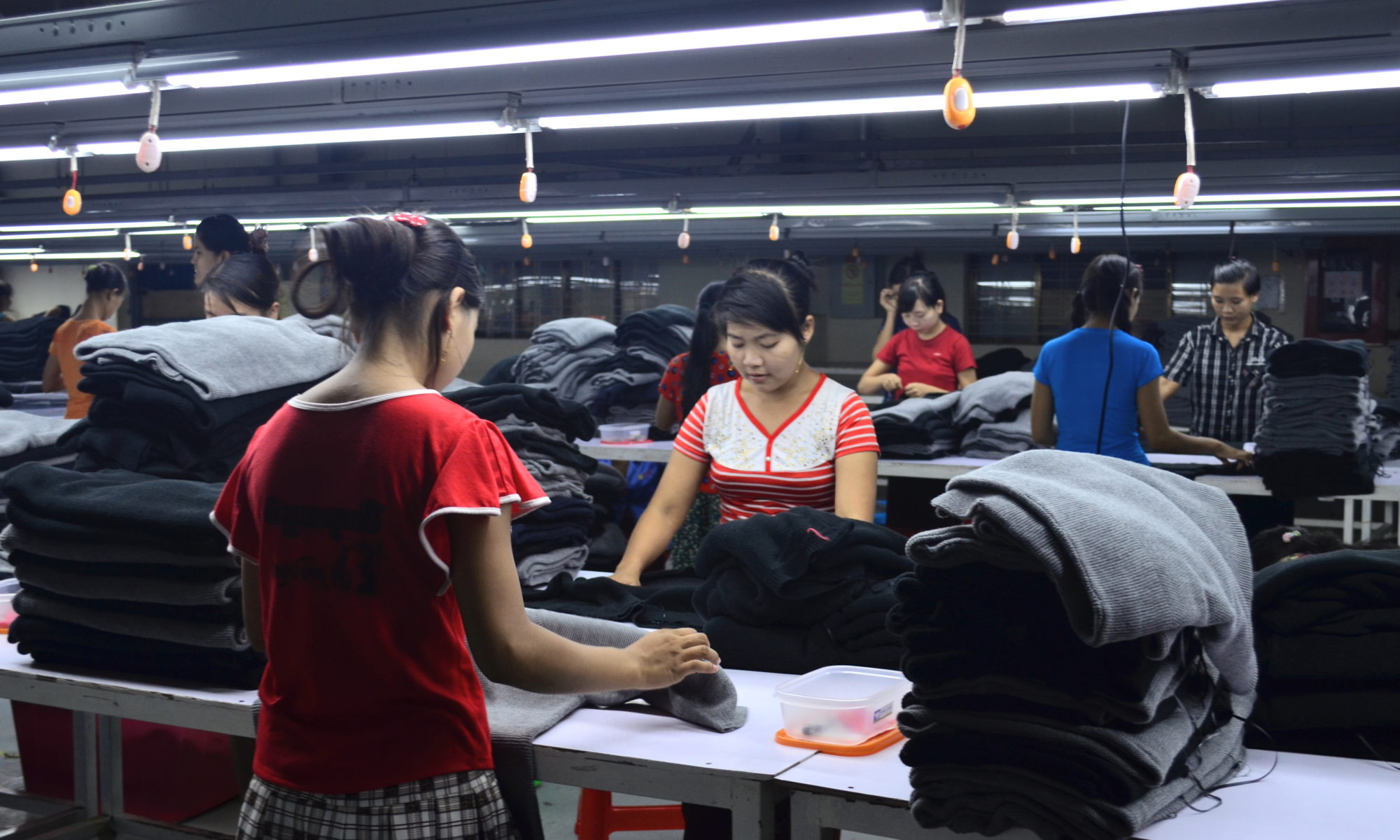By Christiane Kliemann | EADI/ISS Blog Series
Development Studies requires “an epistemological and ontological change” write Elisabetta Basile and Isa Baud in the introduction to the recent EADI volume “Building Development Studies for a New Millennium”. The planned sequel of the book will take this analysis one step further and explore viable ways to build on both the critique of development as such, as well as the growing demand to decolonize knowledge production. The plenary session on “Questioning Development – Towards Solidarity, Decoloniality, Conviviality” at the recent #Solidarity2021 conference hosted a discussion by four contributors to the book which is currently in preparation for publication in 2023. The discussion is summarized here. Continue reading “Questioning development: What lies ahead?”





